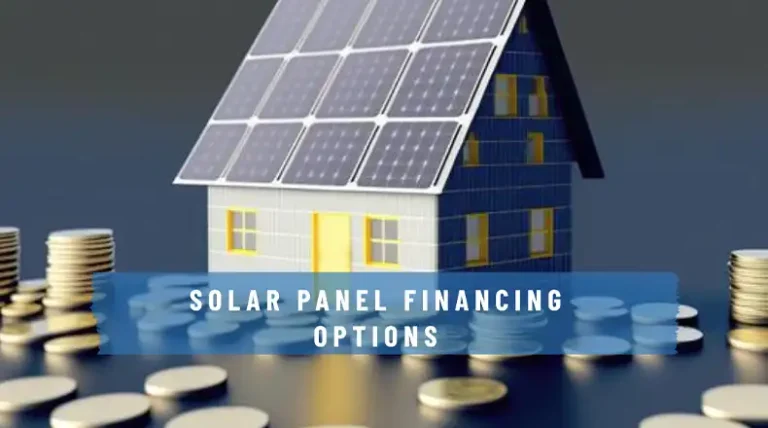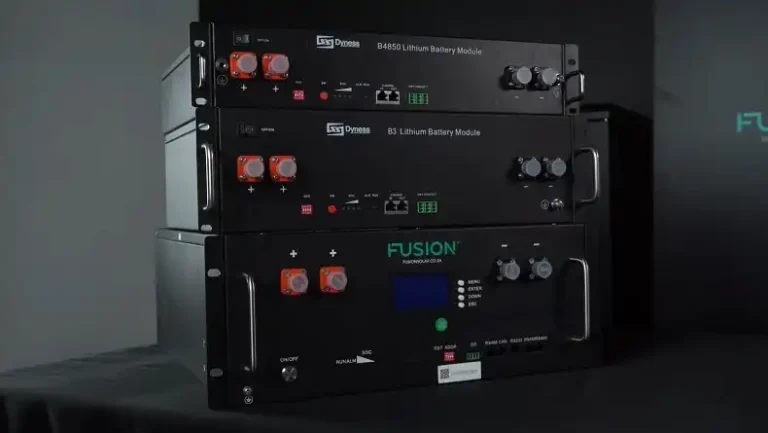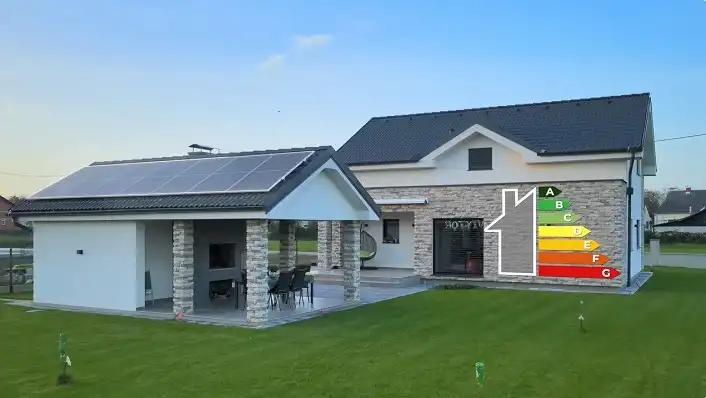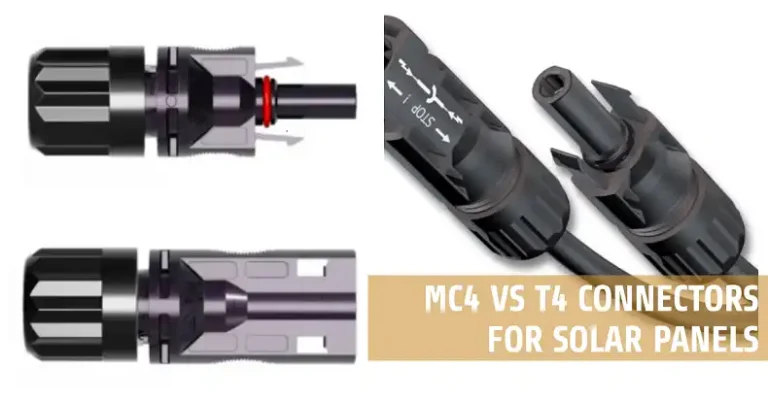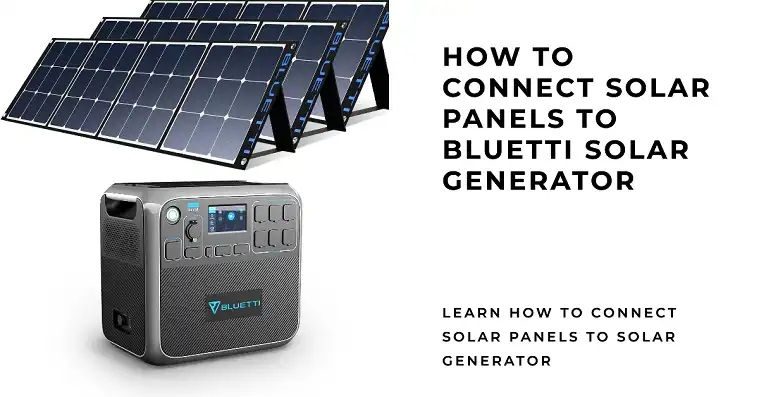Can You Take Solar Credit on Rental Property?
Solar energy has gained immense popularity in recent years, and for good reason. Not only is it an environmentally friendly and renewable source of energy, but it can also offer substantial financial benefits to homeowners and property owners alike. One question that often arises is whether solar credits can be claimed on rental properties. The short answer is yes, you can take solar credit on a rental property, provided you meet certain eligibility criteria.
The tax code in the United States provides a separate business credit under section 48 for solar energy equipment installed on rental properties. This credit is currently set at 30% of the cost of the solar installation, and it is available through at least 2033, thanks to the Inflation Reduction Act signed in 2022. This incentive aims to encourage the adoption of solar energy across various sectors, including rental properties, which can significantly contribute to reducing carbon emissions and promoting a more sustainable future.
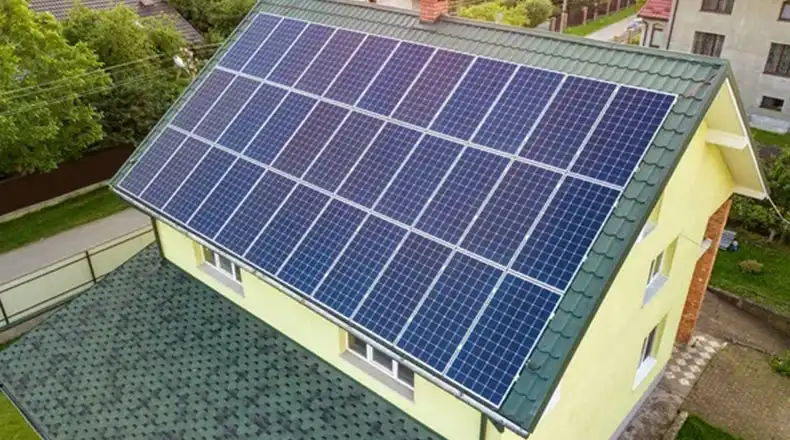
Eligibility Criteria for Taking Solar Credit on Rental Property
Before we dive into the specifics of claiming solar credits on rental properties, let’s first understand the eligibility criteria. The good news is that the tax code in the United States recognizes the importance of promoting solar energy across various sectors, including rental properties.
To qualify for the solar credit, your solar energy equipment must meet the following requirements:
- The equipment must be tangible property that can be depreciated over time, such as solar panels installed on your rental properties.
- The property itself must not be used predominantly for furnishing lodging, like hotels or motels. However, there’s an exception for energy property, which includes solar panels.
It’s important to note that the solar energy equipment must be owned by you, the property owner. Leasing the equipment or securing it through a non-recourse loan will disqualify you from claiming the credit. Additionally, you must retain ownership of the solar energy system for at least five years after the installation date to maintain eligibility for the credit.
How to Claim the Solar Credit on Rental Property?
Now that we’ve covered the eligibility criteria, let’s dive into the process of claiming the solar credit on your rental properties. Here are the steps you’ll need to follow:
- Own the Solar Energy System Outright: As mentioned earlier, you must own the solar energy system outright and not lease or finance it through a non-recourse loan. This is a crucial requirement to qualify for the credit.
- File Form 3468: To claim the solar credit, you’ll need to file Form 3468 along with your tax return. This form is specifically designed for investment credits, including the solar energy credit.
- Reduce the Basis for Depreciation: When you claim the solar credit, you’ll need to reduce the basis for depreciation of the solar energy system by half of the credit amount. This adjustment is necessary to prevent double-dipping on the tax benefits.
- Keep Accurate Records: It’s essential to maintain accurate records of the solar installation, including receipts, contracts, and any other relevant documentation. These records will help substantiate your eligibility for the credit if required.
The solar credit is currently set at 30% of the cost of the solar installation, thanks to the Inflation Reduction Act signed in 2022. This credit is available through at least 2033, providing a significant incentive for rental property owners to go solar.
Wrapping Up
Taking advantage of the solar credit on rental properties is a win-win situation for both property owners and the environment. Not only do you get to enjoy the financial benefits of a valuable tax credit, but you’re also contributing to a more sustainable future by reducing your carbon footprint.
By meeting the eligibility criteria and following the proper steps to claim the credit, you can offset a significant portion of the upfront costs associated with solar installations. This, in turn, can enhance the profitability of your rental properties while positioning them as eco-friendly and attractive to environmentally conscious tenants.

